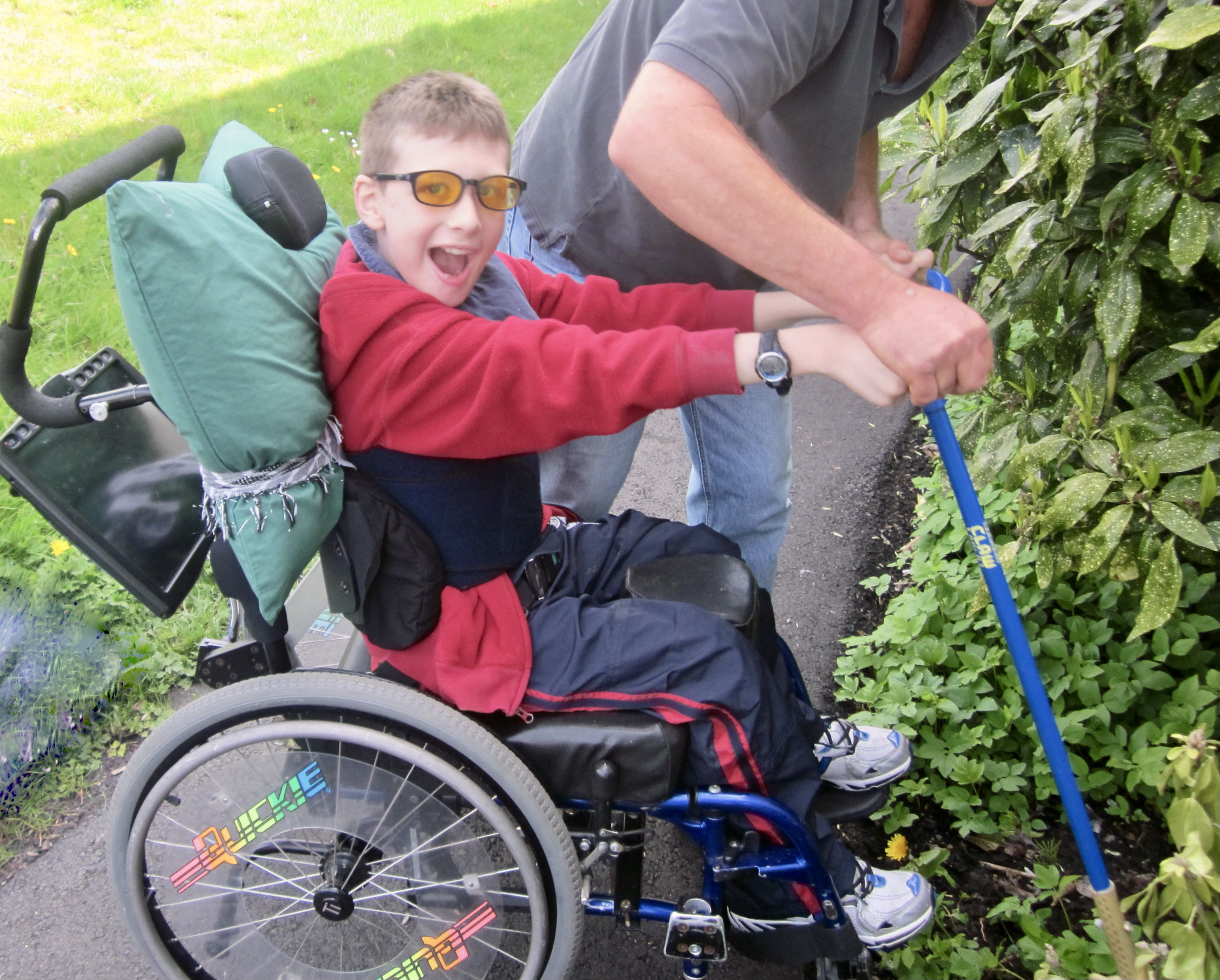Module 3: Quality of Life as a Context for Developing Meaningful Education Programs
Competence

Competence is defined as the ability to perform functional and meaningful activities with whatever level of support is required. Achieving competence is dependent on you, the educator or allied professional, seeing the student as a learner and providing opportunities for them to demonstrate their skills and abilities. The level and type of support required will vary across students and skills.
Competence:
- The ability to perform functional and meaningful activities with whatever level of support is required
- Expectation and opportunity are key to developing and increasing competence
- Intentional commitment to competence will ensure that students are viewed as learners and will be given every opportunity to enhance their learning
How you create competence:
- Have your students engage in activities that are meaningful to them
- Have your students perform activities with whatever support is required
- View the student as capable of learning and developing new skills
- Provide opportunities for active participation and engagement
- Find opportunities for your students to develop competence in functional and meaningful activities
Keep in mind:
- Students with complex needs require more time to accomplish tasks. Opportunities for learning can be missed as a result, so it is essential to plan the time and activity accordingly
- Doing “for” your students rather than doing “with” stems from the need to have things happen more quickly. Practice patience and match capability with the amount of assistance needed. Increasing a student’s competence decreases the level of assistance the student requires
An intentional commitment to competence ensures that students are viewed as learners who are given every opportunity to enhance their learning.


Opportunity for Practice: Competence Building
Competence Building
- Active engagement
- Do with
- Doing what the class is doing
- Plan for extra time
- Provide opportunities
- Provide the level of support required
- Student as a learner
Not Competence Building
- Do for
- Have activities happen quickly
- Independence
- Not capable
- Passive participation
- Practice skill development separate from classmates

- How do you think viewing a child as a learner benefits the learning potential of the child?
- In your practice, can you think of examples of where you do “for” and examples of doing “with” your students?
- In what ways can you move your practice towards doing “with?”